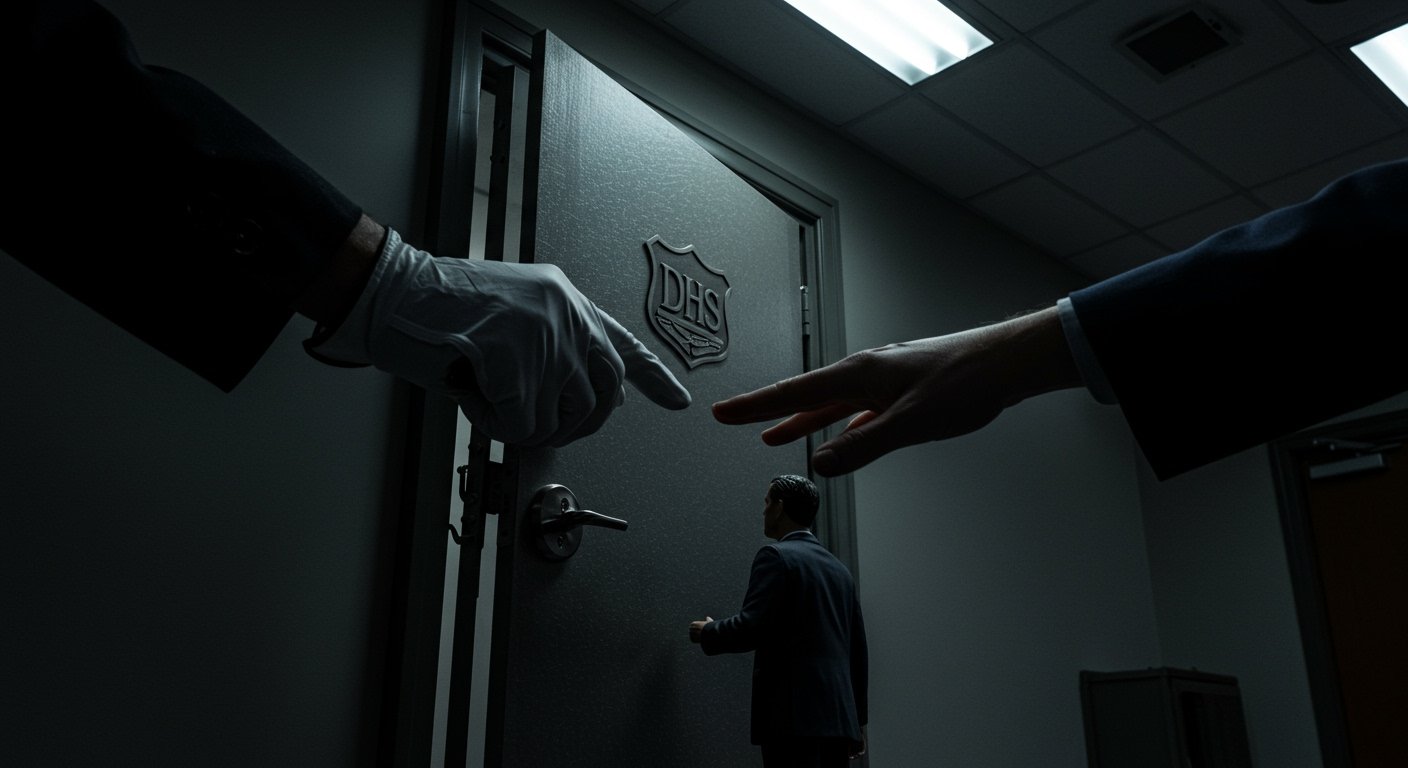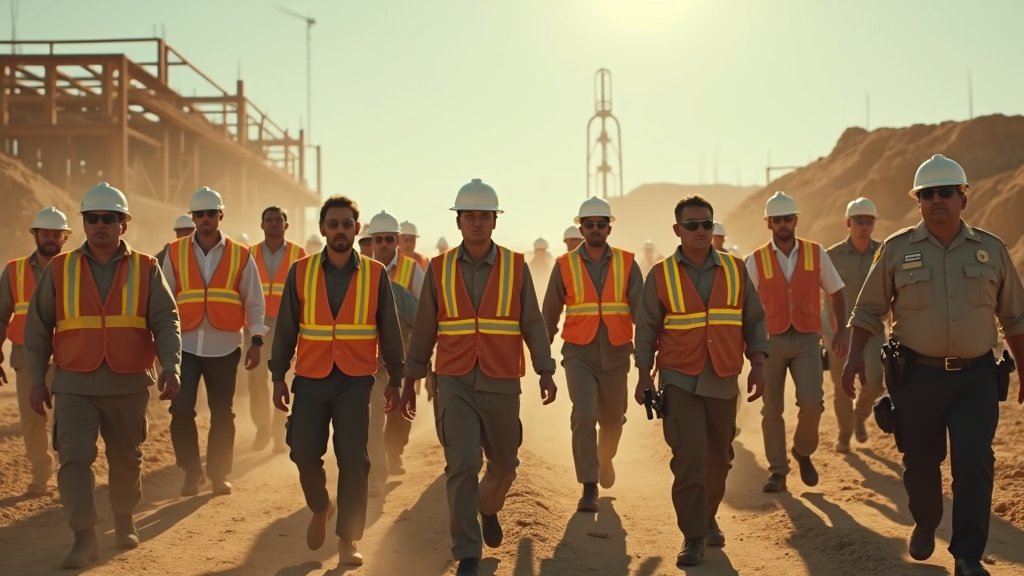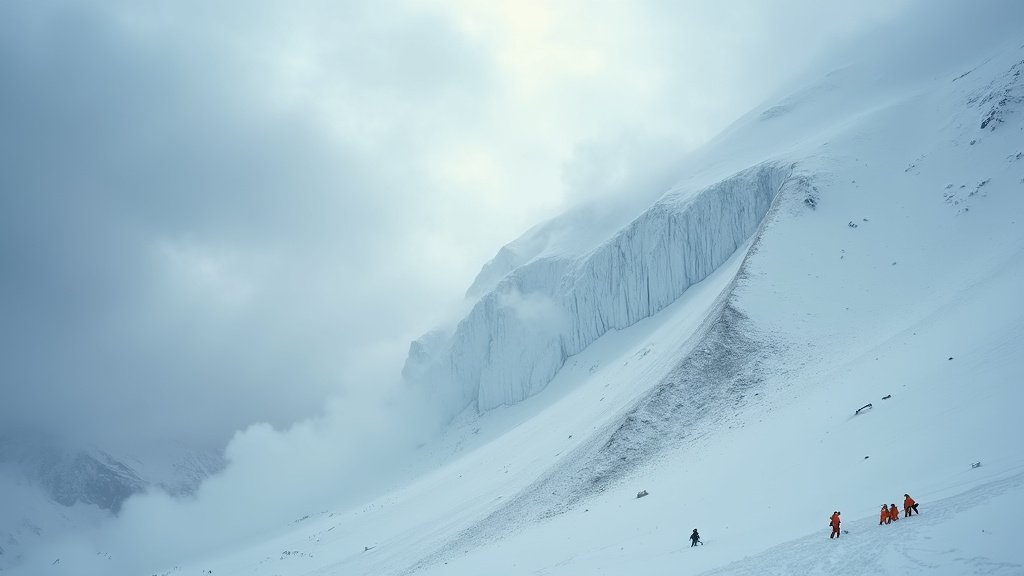Washington, D.C. — The Department of Homeland Security (DHS) has issued updated guidance significantly altering the protocol for members of Congress seeking to visit Immigration and Customs Enforcement (ICE) field offices. The new policy mandates that federal legislators must now provide a minimum of 72 hours of advance notice before any planned visit to an ICE field office, a change that has ignited a dispute over legislative oversight authority.
The revised guidance maintains the existing standard requiring 24 hours of advance notice for Congressional staffers visiting ICE detention centers. However, the distinct rule for elected members targeting field offices represents a departure from previous, less stringent expectations for on-the-ground oversight.
Navigating the New Rules
The Department of Homeland Security acknowledges that federal law permits members of Congress to visit government facilities as part of their oversight responsibilities. This fundamental principle of checks and balances allows the legislative branch to scrutinize the executive branch’s operations.
However, the new DHS guidance introduces a critical distinction. It asserts that ICE field offices, unlike detention centers, fall outside the scope of this specific statutory authority governing oversight visits. Consequently, the guidance declares that ICE retains sole discretion to deny, cancel, reschedule, or terminate a visit to a field office if deemed appropriate by facility management or other authorized officials.
Assistant DHS Secretary Tricia McLaughlin elaborated on the department’s rationale behind the updated policy. According to McLaughlin, requests for tours of processing centers and field offices must now receive explicit approval from the Secretary of Homeland Security, Kristi Noem. Such visits, McLaughlin added, must be clearly demonstrated as part of legitimate congressional oversight activities.
McLaughlin cited specific concerns underpinning the need for stricter controls, referencing a surge in assaults, disruptions, and obstructions to enforcement operations. Notably, she included disruptions “including by politicians” as a contributing factor to the policy change, suggesting that the new guidance is, in part, a response to perceived interference or security concerns during previous legislative visits.
Congressional Pushback
The new guidance has drawn immediate and sharp criticism from key figures in Congress, particularly those responsible for overseeing homeland security matters. Representative Bennie Thompson of Mississippi, who serves as the ranking member of the powerful House Homeland Security Committee, strongly condemned the policy update.
Representative Thompson characterized the new guidance as “illegal.” He asserted that Secretary Kristi Noem is attempting to block or impede access for members of Congress seeking to conduct oversight at ICE field offices.
In his criticism, Representative Thompson emphasized a core principle of the U.S. system of government: that ICE is not above oversight. His remarks underscore the view held by many in Congress that limiting access to facilities where enforcement activities occur fundamentally undermines their constitutional duty to monitor executive agencies and ensure accountability.
The Scope of Oversight Under Scrutiny
The disagreement highlights a fundamental tension between the executive branch’s operational control over its facilities and the legislative branch’s prerogative to conduct oversight. While DHS frames the new rules as necessary for security and operational integrity, critics in Congress view them as an attempt to shield enforcement activities from public and legislative scrutiny.
The distinction drawn by DHS between detention centers and field offices in terms of oversight access is central to the dispute. Field offices are typically involved in enforcement operations, investigations, and processing of cases, as opposed to primarily housing detainees like detention centers. DHS’s position suggests that the operational nature of field offices warrants different access rules.
However, members of Congress like Representative Thompson argue that oversight is equally, if not more, critical at locations where enforcement actions originate and are managed. The ability to observe operations firsthand is often seen as vital for understanding agency practices, identifying potential issues, and informing legislative action or budgetary decisions.
Potential Implications
Should the new guidance stand, it could potentially make it more difficult for members of Congress to conduct unannounced or short-notice visits to ICE field offices. The requirement for Secretary-level approval, coupled with the 72-hour notice period and the discretionary power retained by ICE, provides the department with significant control over when and how such visits occur.
Critics worry this could reduce transparency and hinder the ability of Congress to effectively monitor ICE operations, particularly during rapidly developing situations or in response to constituent concerns. The assertion by DHS that field offices fall outside the specific legal basis for oversight visits also raises questions about the statutory interpretation underpinning Congressional access rights.
As the dispute unfolds, it sets the stage for potential legislative challenges or further clashes between DHS and Congressional committees over the appropriate balance between agency operations, security concerns, and the fundamental right of the legislature to conduct robust oversight of the executive branch.





